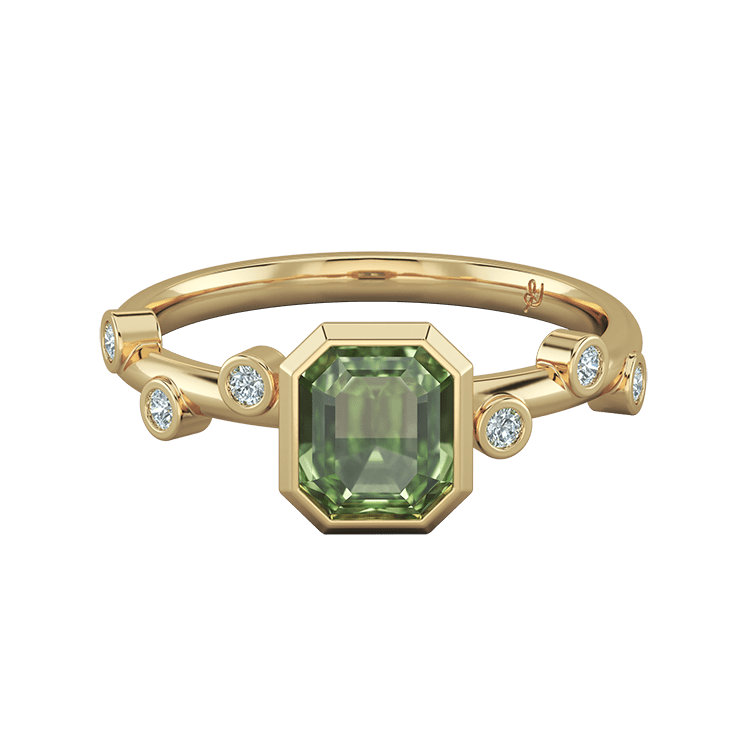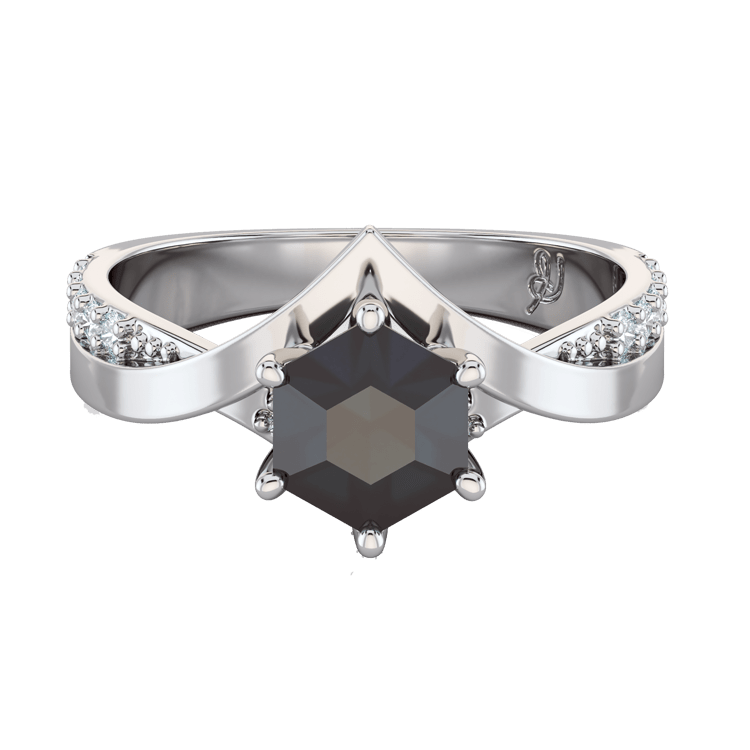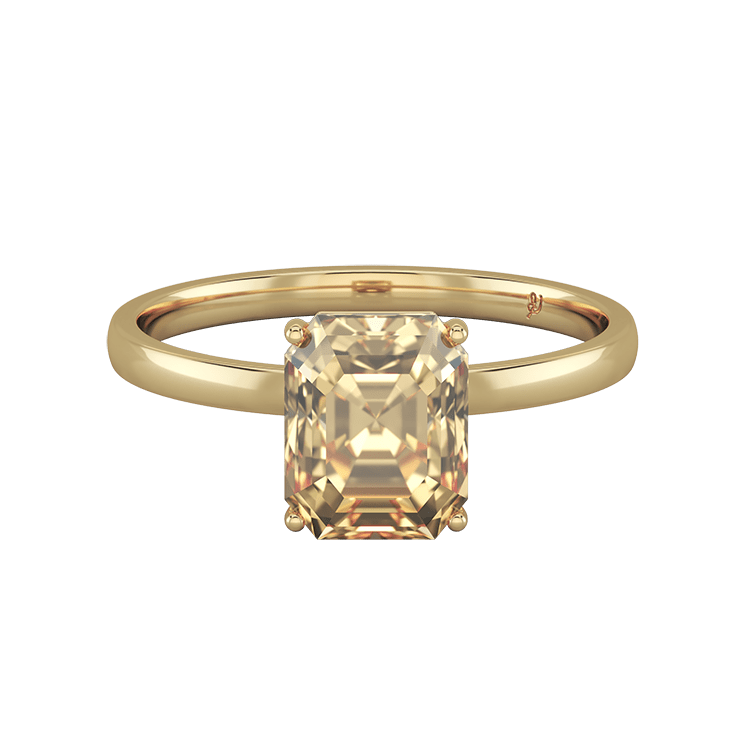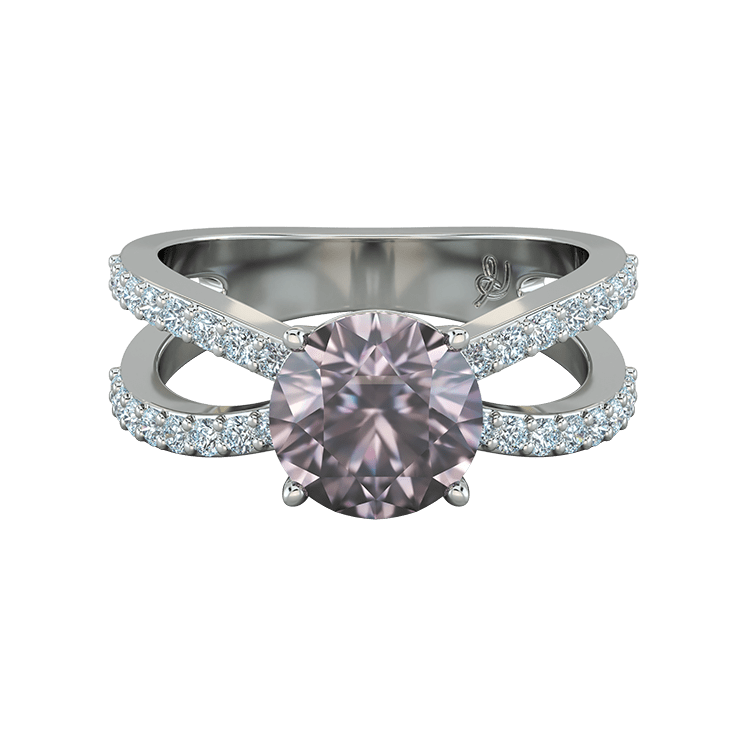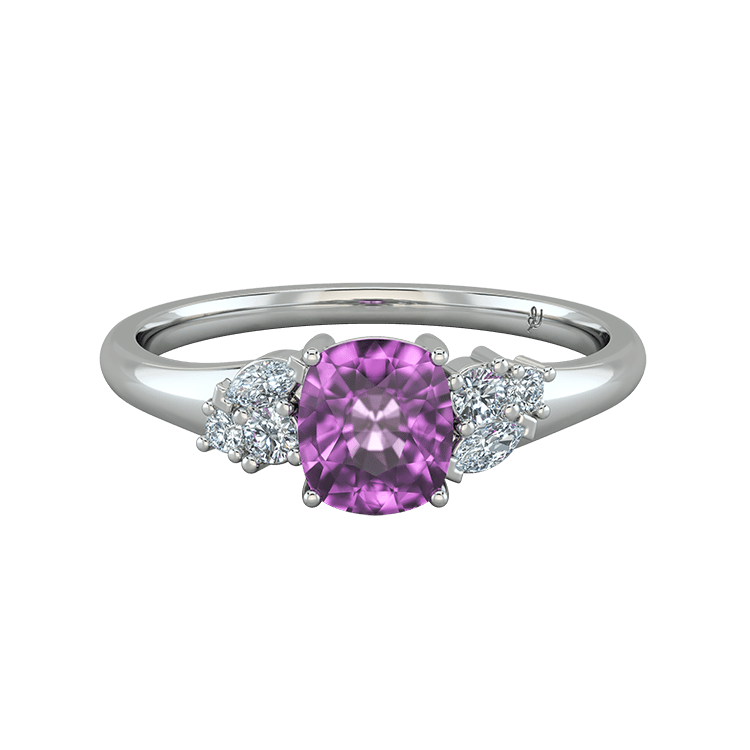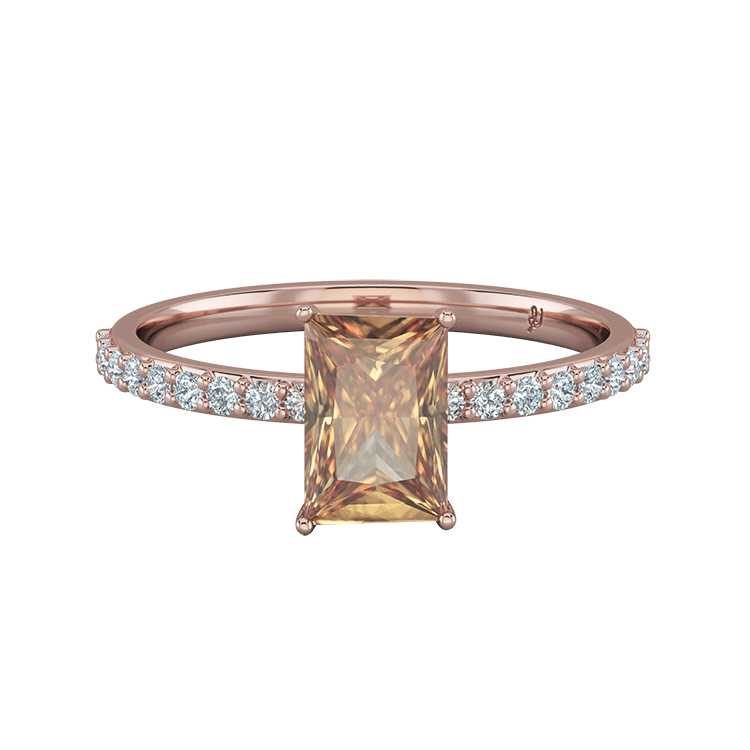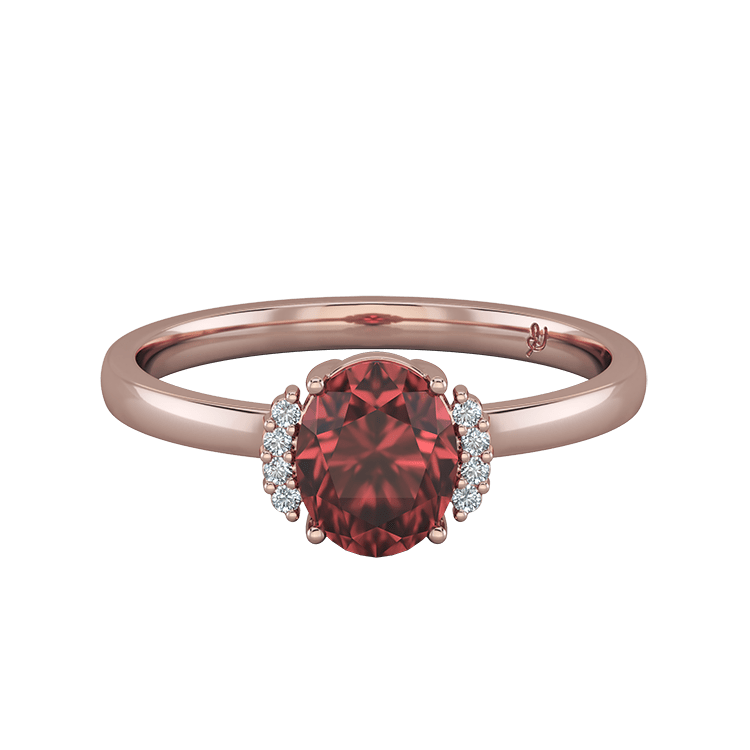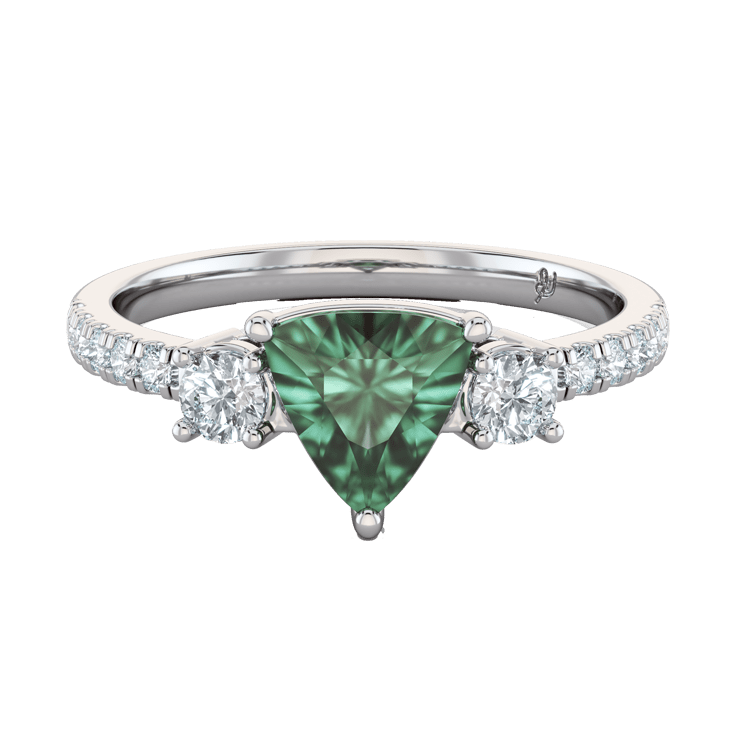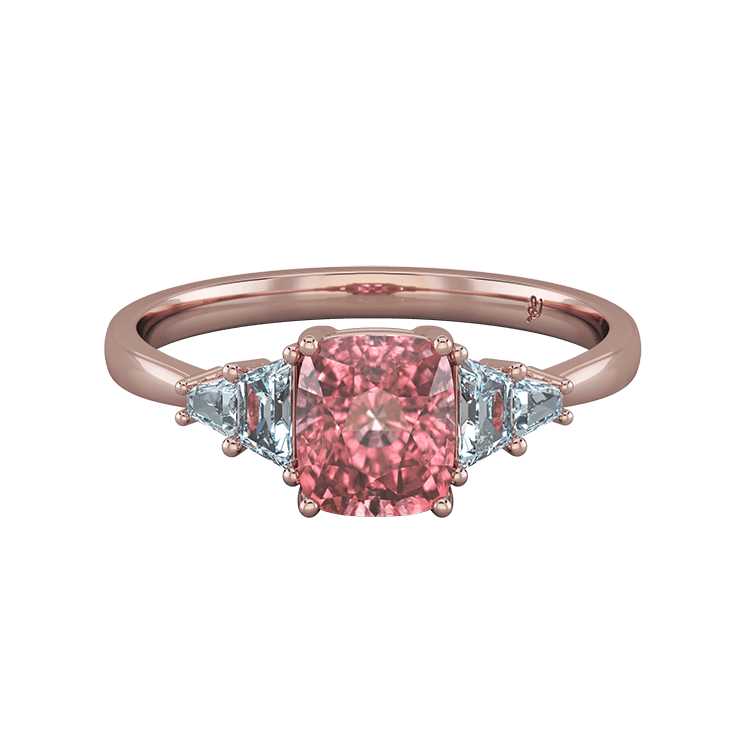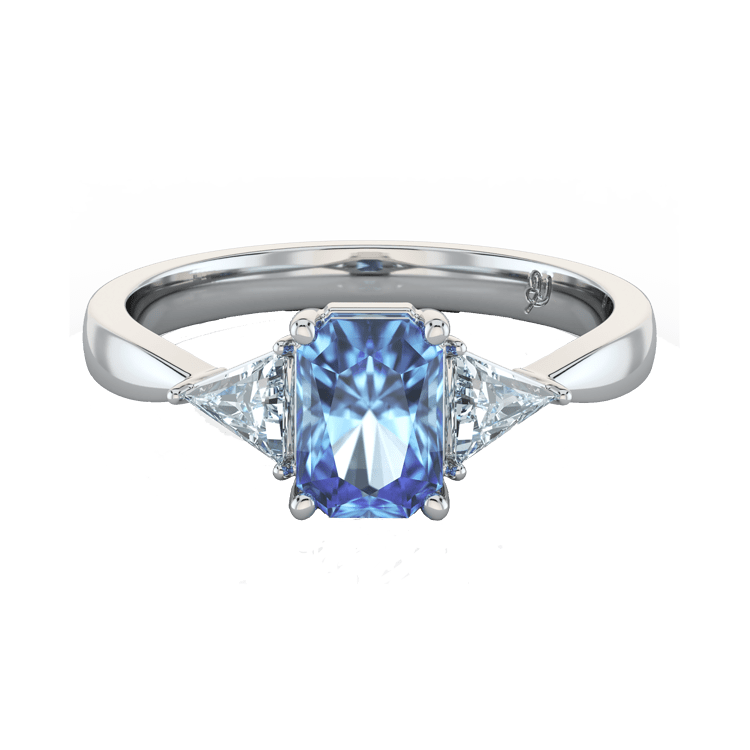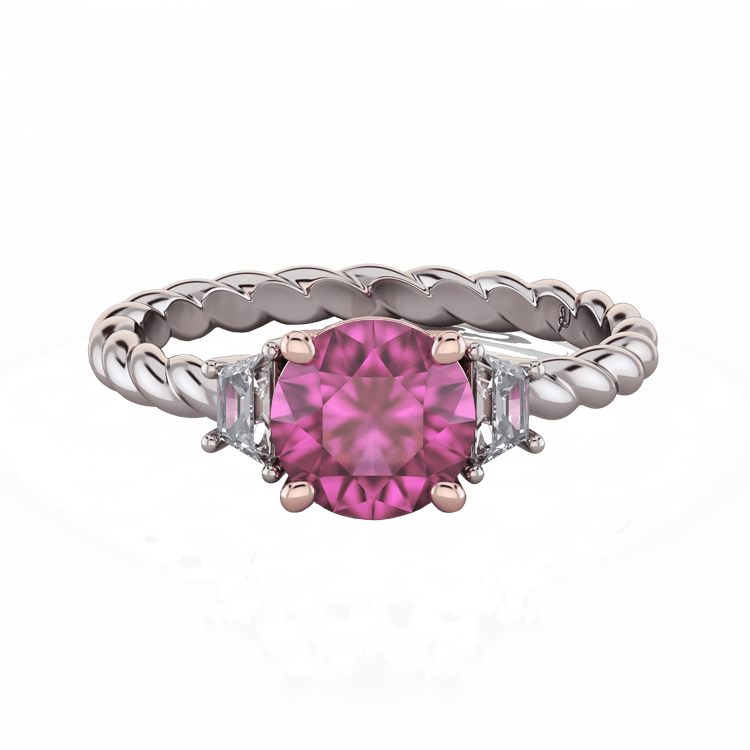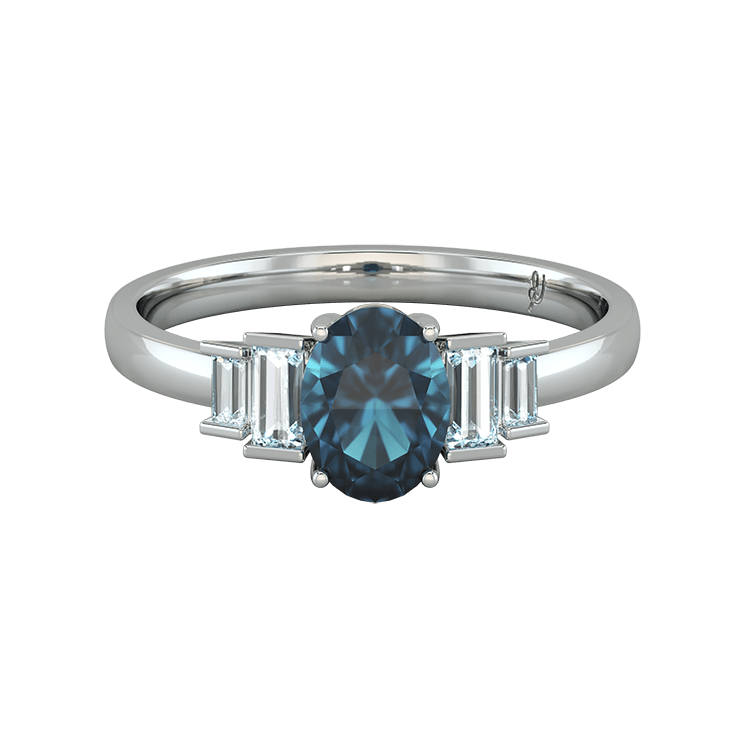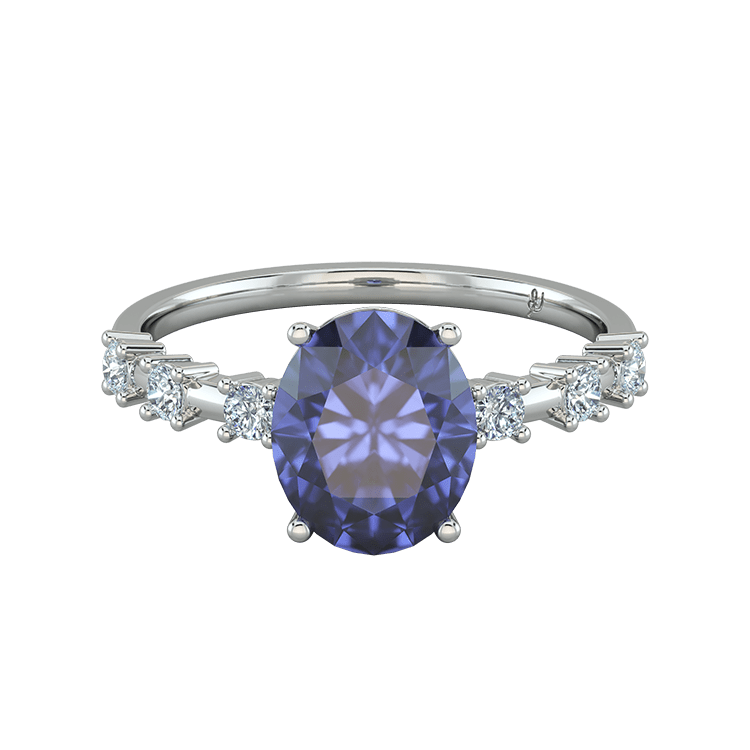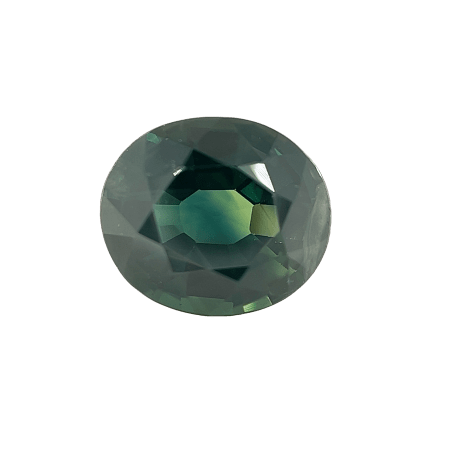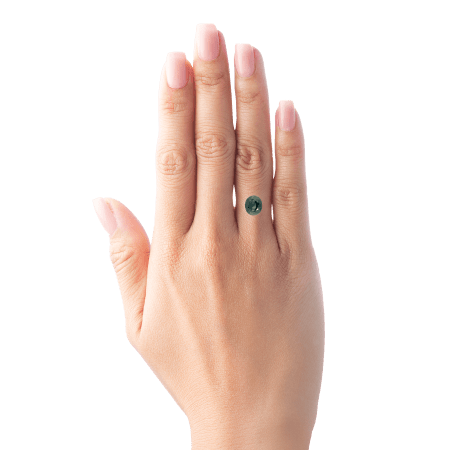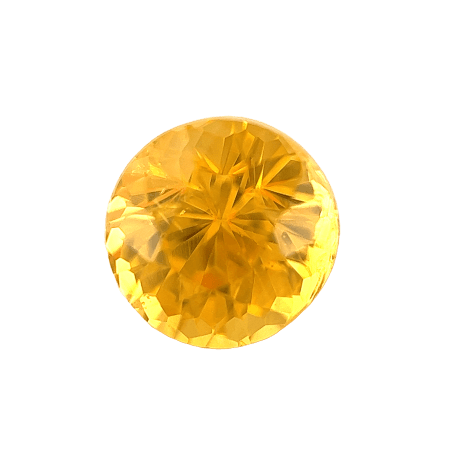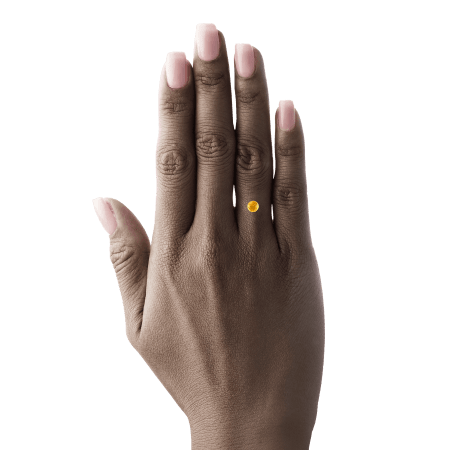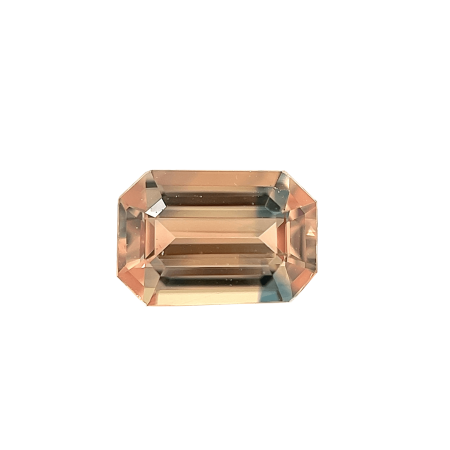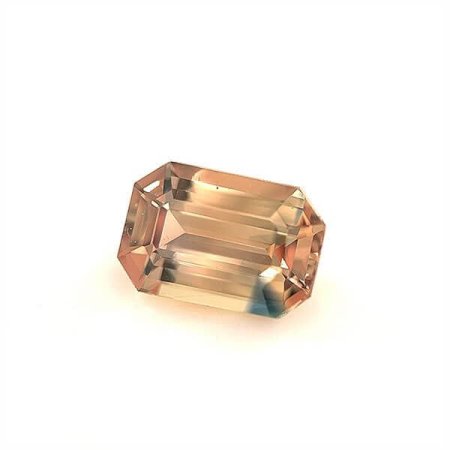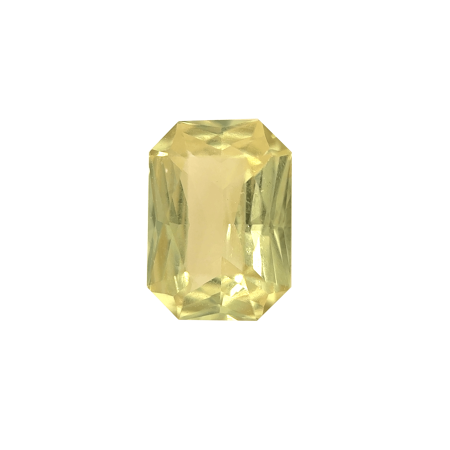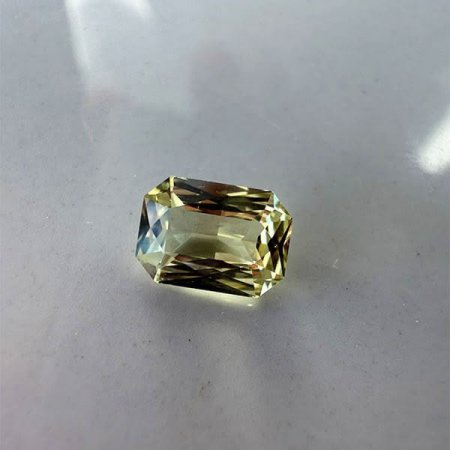White Sapphire vs Moissanite vs Diamond
November 10, 2022 2024-12-30 15:50White Sapphire vs Moissanite vs Diamond
Considering options?
White Sapphire vs Moissanite vs Diamond
These three 'white' or colourless stones are each different materials and so have different properties. All would be perfect for a forever ring that you intend to wear every day. Below we talk through each and look at pro's and con's.
| White Sapphire | Moissanite | Diamond | |
|---|---|---|---|
|
Cost
|
White Sapphire
$
|
Moissanite
$
|
Diamond
$$$ (or $$ for lab-grown)
|
|
Origin
|
White Sapphire
Can be either lab-grown or natural, but at H&H will always be Natural
|
Moissanite
Lab-grown only
|
Diamond
Can be either lab-grown or natural. Lab grown approx 50% cheaper (exactly the same properties).
|
|
Ethics
|
White Sapphire
Generally no issues
|
Moissanite
Generally no issues
|
Diamond
Can be issues with natural diamond though the diamonds we supply are certified through the Kimberley Process which helps minimise this chance.
|
|
MOH scale
out of 10 (aka Durability) |
White Sapphire
9
|
Moissanite
9.25-9.5
|
Diamond
10
|
|
Cleavage planes
(point of weakness) |
White Sapphire
No
|
Moissanite
No
|
Diamond
Yes
|
|
Fire & Brilliance (sparkle)
|
White Sapphire
Looks softer, not as harsh - white sparkles
|
Moissanite
Highest sparkle - rainbow-like
|
Diamond
High sparkle - white light
|
|
Colour
|
White Sapphire
No scale available - too subjective
|
Moissanite
Uses diamond colour scale (D-G ‘icy’ white, H-I bit softer white, J-K slight yellow)
|
Diamond
Uses diamond colour scale
(D-G ‘icy’ white, H-I bit softer white, J-K slight yellow)
|
|
Weight
*generally listed in mm to better compare across stone types
|
White Sapphire
Tends to weigh approx 14% more than diamond, so a 1ct diamond will be the same size as a 1.14ct sapphire.
|
Moissanite
Weighs 10% less than diamond so a 1ct diamond would be the same size as a 0.9ct moissanite.
|
Diamond
Well-known weight scale measured in carats.
|
|
Summary
|
White Sapphire
Best natural option
|
Moissanite
Closest alternative to a diamond and much cheaper
|
Diamond
Traditional choice and both lab and natural options available
|
White sapphire is the mineral corundum with no trace elements to colour it, hence it is colourless or white. Just like all other colours of sapphire it scores a 9/10 on the MOH scale for hardness and durability. While diamond is top of the scale at 10, in terms of the practical application only diamond or moissanite can actually scratch sapphire, so unless you are rubbing jewellery with these stones together you really don’t have to worry about scratching any of these materials! While sapphire can be grown in a lab, there is no real ethical dilemma to worry about with sapphire, so we prefer the natural made by Mother Earth. So much more romantic!
Diamond is the solid form of the element carbon and is the hardest natural substance known to man at 10/10 on the MOH scale. The only thing that can scratch a diamond is another diamond. That said, it is not unbreakable and can still break or chip. Unlike sapphire or moissanite, diamond does have cleavage planes, which is an internal plane in the crystal which gives it a weak point where the crystal can more easily split. It would absolutely require a lot of pressure to split though! Diamond has fantastic brilliance (brightness), scintillation (sparkle) and dispersion (colourful flashes or “fire”).
Moissanite, made of element silicon carbide, can exist in nature though is generally extremely rare and the pieces are too small, so what you see in jewellery is generally lab-grown. Moissanite rates second highest to diamond at 9.25-9.5 on the MOH scale and has no cleavage planes so again, a very tough and durable stone. Moissanite actually has more brilliance and fire than any other gemstone, including diamond, however instead of white light (diamond) it gives rainbow-like light reflection. This is probably one of the main visual differences and the most likely way you’ll be able to tell a moissanite from a diamond.

